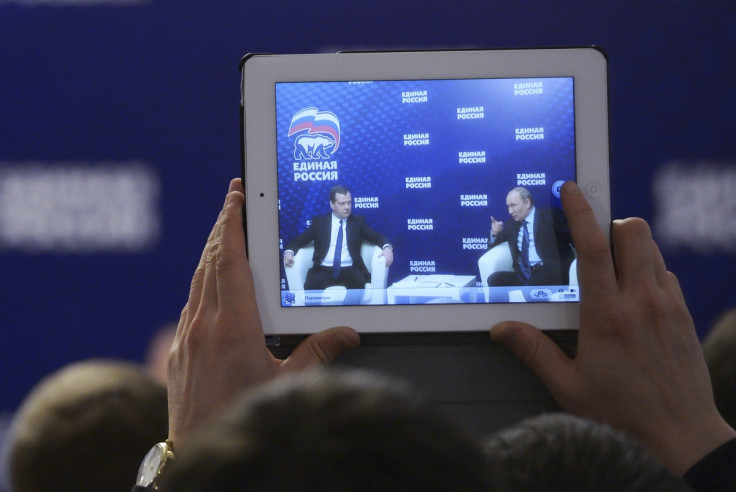Russia: Internet 'One Step Away' From Chinese Firewall as 'Information War' Continues

Russia's official media watchdog has pledged to continue its fight in the "information war" taking place in the country, declaring that freedom of speech "does not mean everything is permitted."
As Russia continues to tighten its grip on the internet and mass media within the country, analysts have warned that Russia is fast sinking to the levels of other countries - such as China - which are tainted by poor records on internet freedom.
"We are one step away from the Great Firewall of China; in any case, the Russian government now has all the instruments necessary to limit the work of foreign social networks here," Andrei Soldatov, a prominent security analyst, told the Moscow Times.
The Russian government stated it intends to grow its legal control over the internet and mass media at an annual meeting between top officials of the Federal Mass Media Inspection Service (Roskomnadzor).
The agency chief, Alexander Zharov, said that "it is very important to realise the aim for free speech, but freedom of speech does not mean that everything is permitted."
The comments come after Russian President Vladimir Putin said that the internet was a "special project of the CIA".
The Roskomnadzor currently blocks Russian citizens' access to 2,132 websites for fear of harmful information reaching the public. Therefore, over 56,000 more websites are blocked for sharing an IP address with those on the blacklist.
Russian law permits state agencies to outlaw websites without a court order if they publicise extremist beliefs, or promote suicide or illegal drugs.
"Roskomnadzor stands at the forefront of the information war that was unleashed against our country and our values," said State Duma Deputy Sergei Zheleznyak in a speech to officials.
The growing "information war" follows the exile of Pavel Durov, the former head of Russia's largest social media site Vkontakte, who was removed by the company's pro-Kremlin owners last week.
Russia is widely criticised for its online censorship and prosecution of bloggers who are critical of the government. Sites owned by opposition figures Garry Kasparov and Alexey Navalny were shut down earlier this year.
© Copyright IBTimes 2024. All rights reserved.






